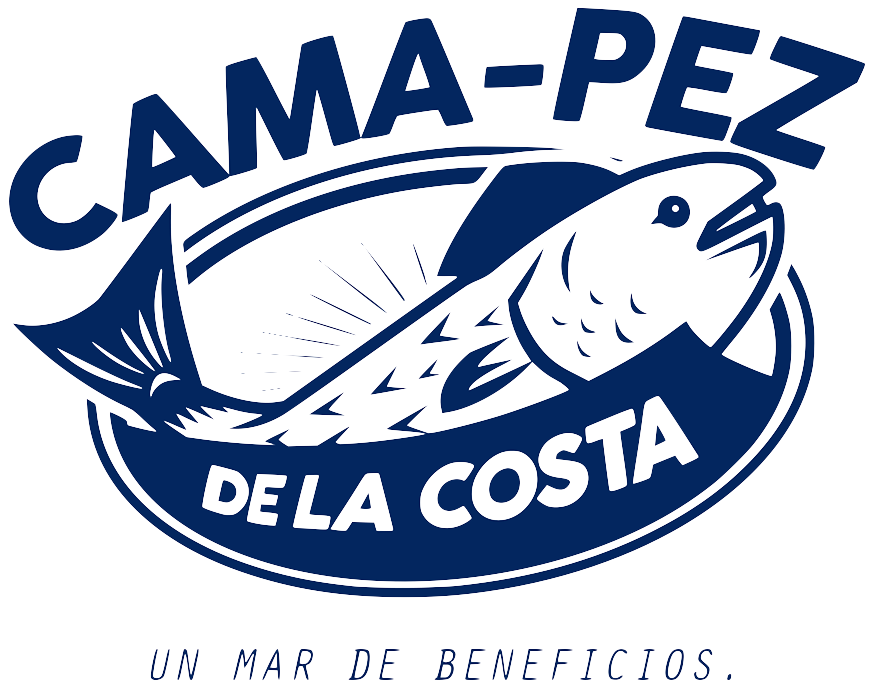CAMA-PEZ & The Fishermen of Costa de Pajaros
In March of 2019, the first small boat building course was held by AstilleroVerde. The course was led by Bert van Baar, a master boat builder from the Netherlands, who spent 4 weekends working with local fishermen from the nearby town of Costa de Pajaros to build a small fishing boat. The fishermen were all part of an association called CAMA-PEZ, an organization that supports fisherman who implement sustainable, responsible fishing practices. The boat was made from off cuts of the wood used to construct Ceiba, and the fishermen had the opportunity to learn the necessary skills to build more wooden vessels in the future. Similar boat building courses have already taken place at AstilleroVerde, and the goal is to continue to support CAMA-PEZ and other sustainable projects in the area in whatever ways possible.
“I’m interested in learning about making wooden boats because I feel like we’re returning to the way we used to do things, and I feel we used to do things better before than today.”
Founder, CAMA-PEZ
CAMA-PEZ is based in the town of Costa de Pajaros, located approximately 12 kilometers from the AstilleroVerde. The organization was founded in 2007 and is connected with over 90 families in the area. The fishermen that work with CAMA-PEZ follow sustainable fishing practices, something that is essential to protecting the fragile fishing industry of the area. Many fish populations are struggling today due to over fishing. The fishermen of CAMA-PEZ only practice hand-line fishing and make the conscience choice not to fish between the months of May and August, to allow the fish populations to regenerate.
“I’m dedicated to the fish, I’m a fisherman of responsible fishing, with a hand-line, nothing more.”
Fisherman, CAMA-PEZ
Currently, the most common material fishing vessels are made from in this area is fiberglass. The use of fiberglass in boats has taken place since the 1960s, but there are hidden costs to this common practice. Working with fiberglass can pose serious health risks, and for that reason there are laws in place that prevent fishermen from building or repairing their own boats. Additionally, the fumes from and resin used in the manufacturing of fiberglass boats are dangerous environmental contaminants, putting increased pressure on an already fragile coastal ecosystem.
“The boats of today are made from resin and fiberglass. Everyone works with fiberglass now. We here in Costa de Pajaros can’t make fiberglass boats because there are laws prohibiting it because of the contamination and the vapors and the itchiness. Change that for a wooden boat, phew, I could even build it in my house if I wanted to!”
Fisherman, CAMA-PEZ
Wooden boat (before painting) build at AstillerVerde vs common fiberglass boat
The ability to make wooden boats is an art that has been lost in many parts of the world. By returning these skills to this area, AstilleroVerde hopes that more fishermen will be able to regain their independence when it comes to the vessels that support their livelihoods. By having the skills to build their own boats out of materials that are healthier and less harmful to the environment, these fishermen are simultaneously alleviated from many of the difficulties fiberglass boats bring and are given the chance to further pursue their goal of creating a sustainable fishing community in the area of Costa de Pajaros and beyond.




